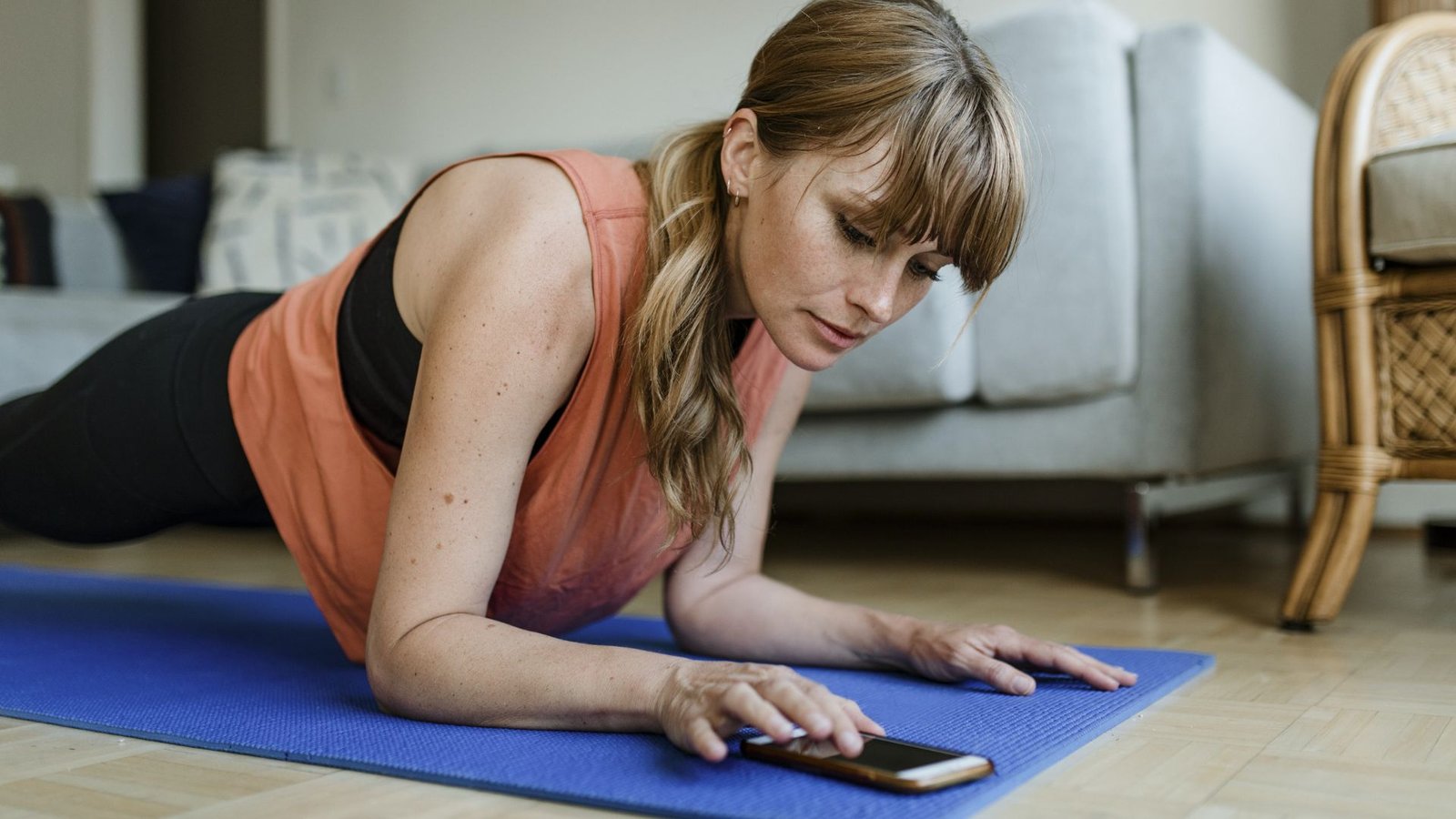Self-care is a crucial aspect of maintaining both physical and mental well-being. In our fast-paced world, it’s easy to neglect personal care in favor of productivity or other obligations. However, building a self-care routine tailored to your needs can enhance your overall quality of life. Here’s how to create a self-care routine that truly works for you.

Understand Your Needs
The first step in building an effective self-care routine is understanding your unique needs. Self-care isn’t a one-size-fits-all approach; what works for one person may not work for another. Consider areas where you may feel stressed, drained, or neglected. Do you need more rest? Are you lacking in social connections? Understanding where your needs lie will help you prioritize the right self-care activities.
Set Realistic Goals
When creating a self-care routine, it’s essential to set realistic and attainable goals. Start small and gradually build upon your routine as you become more comfortable. For instance, if you’re looking to improve your physical health, begin with short, manageable exercise sessions and gradually increase the duration and intensity. Setting achievable goals ensures that you don’t become overwhelmed and are more likely to stick to your routine.
Incorporate Activities You Enjoy
Self-care should be enjoyable, not a chore. Incorporate activities that bring you joy and relaxation into your routine. Whether it’s reading a book, taking a long bath, practising yoga, or spending time in nature, choose activities that resonate with you. Enjoyable activities not only reduce stress but also make your self-care routine something you look forward to, increasing the likelihood that you’ll maintain it.
Prioritize Physical Health
Taking care of your body is a fundamental aspect of self-care. Incorporate physical health activities into your routine, such as regular exercise, balanced nutrition, and adequate sleep. Physical health is closely linked to mental well-being, and maintaining a healthy lifestyle can boost your energy levels, improve your mood, and reduce stress.
Create a Balanced Routine
A well-rounded self-care routine should address various aspects of your life. Balance activities that nurture your physical health, such as exercise and proper nutrition, with those that support your mental and emotional well-being, like journaling, meditation, or therapy. Don’t forget to include social activities that strengthen your relationships and provide a sense of community.
Make Time for Self-Care
Consistency is key to an effective self-care routine. Schedule regular time for self-care activities, just as you would for work or other commitments. This could mean setting aside time each morning for exercise, designating an evening for relaxation and reflection, or planning a weekly social outing. Making self-care a non-negotiable part of your schedule ensures you prioritize your well-being.
Practice Mindfulness
Mindfulness is a powerful tool for enhancing self-awareness and reducing stress. Incorporate mindfulness practices into your daily routine, such as mindful breathing, meditation, or mindful eating. These practices help you stay present, manage negative thoughts, and cultivate a sense of inner peace.
Be Flexible and Adaptable
Your self-care routine should be adaptable to your changing needs and circumstances. Life can be unpredictable, and what works for you today might not be suitable tomorrow. Be open to adjusting your routine as needed, and don’t be afraid to experiment with new activities or strategies. Flexibility ensures your self-care practice remains relevant and effective.
Seek Support When Needed
Self-care doesn’t mean you have to do everything on your own. Seek support from friends, family, or professionals when needed. Talking to a therapist or counselor can provide valuable insights and strategies for managing stress and improving your mental health. Engaging with a supportive community can also enhance your sense of belonging and provide emotional support.
Reflect and Evaluate
Regularly reflect on your self-care routine to evaluate its effectiveness. Consider keeping a journal to track your activities, goals, and feelings. Reflecting on your progress helps you identify what’s working and what needs adjustment. This ongoing evaluation ensures your self-care routine continues to meet your needs and supports your well-being.
Conclusion
Building a self-care routine that works for you involves assessing your needs, setting realistic goals, prioritizing joyful activities, and maintaining a balanced, flexible approach. By making self-care a consistent part of your life and seeking support when necessary, you can enhance your overall well-being and lead a more fulfilling life. Remember, self-care is a personal journey, and finding what works best for you is key to its success.

